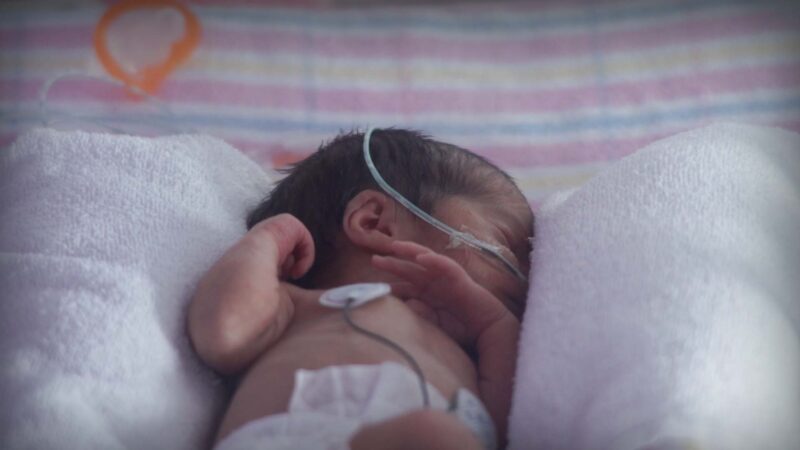FUNDING THE BEST BRAINS TO BEAT BRAIN CANCER
Dr Charlie Teo AM, Professor of Neurosurgery
Director and Founder, Charlie Teo Foundation
FUNDER PROFILE
Filmed in Sydney, Australia | December 2024
The Charlie Teo Foundation is dedicated to funding and advancing research into brain cancer, with a particular focus on developing more effective treatments and finding a cure for this devastating disease. The foundation’s mission includes:
- Supporting cutting-edge research: The foundation funds innovative research into brain cancer, aiming to discover new therapies, improve outcomes, and ultimately find a cure.
- Raising awareness: The foundation works to increase public awareness about brain cancer, its impact on patients and families, and the need for more research and funding in this field.
- Helping patients: In addition to supporting research, the foundation assists individuals and families affected by brain cancer by providing information, resources, and support.
- Advocating for change: It strives to drive systemic change in how brain cancer is researched and treated, challenging the status quo and encouraging collaboration and innovation within the medical community.
Dr. Charlie Teo AM as the Founder and Director of the Charlie Teo Foundation, has for over 30 years been instrumental in the development, dissemination and acceptance of the concept of keyhole minimally invasive techniques in neurosurgery. Dr Teo ran a fellowship program that attracts over 600 applicants yearly and has trained many of the world’s leading figures in neurosurgery. He has trained at distinguished centres such as the Barrow Neurological Institute, Johns Hopkins University, Duke University, Stanford University, Vanderbilt University and Harvard University.
Initially focused on Australia, Dr Teo recognised a pressing need to raise funds for brain cancer research from a young age. To address this, he founded the Charlie Teo Foundation in 2017, which aims to increase awareness and funding for brain cancer research.
Brain cancer significantly impacts society, being the leading cause of years of life lost. Despite its high incidence, particularly among young adults and children, it remains one of the least funded cancers. The foundation operates with low overhead costs and focuses on supporting disruptive researchers who think outside the box.
Since its inception, the foundation has committed nearly $15 million to brain cancer research, funding notable projects in Australia and the United States. These projects explore innovative approaches to understand and treat brain cancer more effectively, with a focus on translating findings from animal studies to human applications. Charlie’s dedication to finding solutions for this devastating disease remains unwavering as he travels frequently to collaborate with global researchers.
You Might also like
-
Health impacts of donor milk for pre-term babies
Professor Alice Rumbold is Theme Leader of SAHMRI Women and Kids, managing a multidisciplinary research team focussed on improving health outcomes for women, babies and families. She also holds an affiliate position as a Research Leader within the Robinson Research Institute at the University of Adelaide.
An epidemiologist and health services researcher, she is internationally renowned for her leadership of large-scale clinical trials, epidemiological studies and systematic review activities to improve perinatal and reproductive health care. She is passionate about improving health outcomes for women and babies, particularly those experiencing vulnerability. Her current research interests include preterm birth, breastfeeding, human milk banking and infertility
-
CASE STUDY Role of Exercise in Metabolic Associated Fatty Liver Disease
Dr. Shelley Keating AES AEP* is an Accredited Exercise Physiologist, a researcher, and a senior lecturer at the School of Human Movement and Nutrition Sciences at the University of Queensland in Brisbane, Australia. Dr. Keating’s research primarily focuses on the role of exercise in the management of metabolic dysfunction associated steatotic liver disease (MASLD), previously known as non-alcoholic fatty liver disease. MASLD affects a significant portion of the global adult population, with many individuals unaware of their condition.
-
CASE STUDY Large scale genetic study finds link between Irritable Bowel Syndrome & cardiovascular system
Research published April 2024 in the journal Cellular and Molecular Gastroenterology and Hepatology sheds light on disease mechanisms common to irritable bowel syndrome (IBS) and cardiovascular diseases (CVD).



